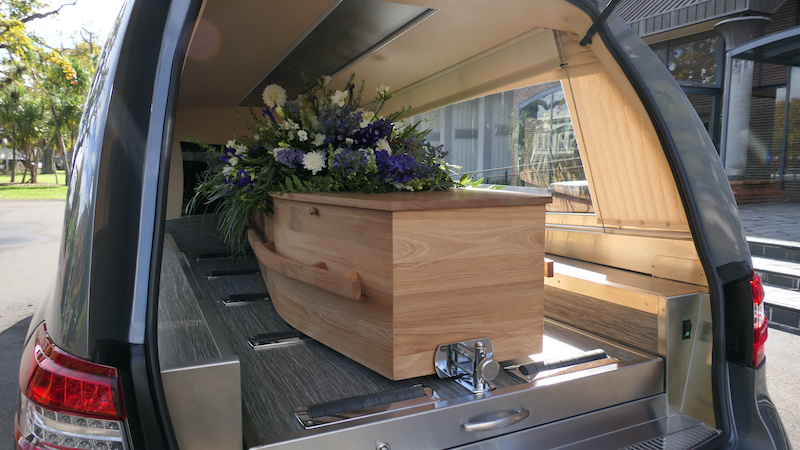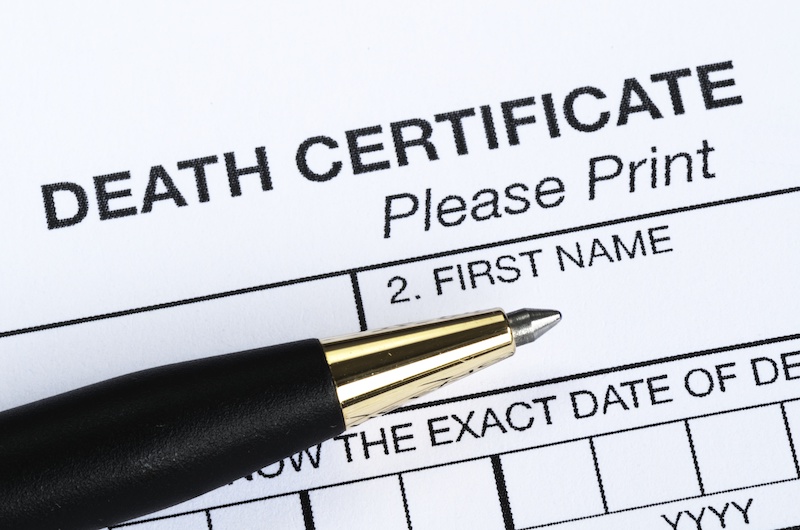Part 1 of a 3-Part Series

No one knows why. But more people die between Thanksgiving and New Year’s Day than at any other time of the year. The phenomenon about death is as well-known as it is perplexing. Not owed specifically to fatty holiday diets, increased travel or depression-related family matters, the trend, nevertheless, remains true and pertinent for funeral directors and estate planning attorneys.
Legal Matters in the Wake of Loss

No matter when you lose a loved one to death, you will undoubtedly experience a profound sense of loss. And while we may not be able to address your grief head on, we can help ease the burden of managing legal affairs in the wake of loss.
Bear in mind several practical and legal considerations the executor of the estate or trustee of the trust should address in the initial weeks following death, prior to the administration of the estate or trust. During this stressful and emotional period, don’t forget about certain tasks which, unaddressed, may lead to problems
Important Initial Estate Planning Steps


Make burial arrangements.
- If some time is likely to pass before burial, for example, if there will be a delay prior to a special ceremony and burial in a veteran’s cemetery, make arrangements with your funeral home to store your loved one’s remains until the service.
- Obtain 10 original certified death certificates.
After someone passes away, register their death with the local or state vital records office, which will issue official death certificates. A state-licensed funeral director or coroner typically prepares and files the death certificate with the state. Most states require a death certificate to claim life insurance benefits, close bank accounts, transfer titles, and take care of other matters connected to your loved one’s estate. - Ascertain the immediate needs of beneficiaries and expenses to pay.
Determine which of your loved one’s accounts contains cash. Assess for the beneficiaries’ needs and other expenses. No one wants an item repossessed or electricity turned off due to non-payment. - Arrange care for animals.
If your loved one had pets or other animals, you should immediately arrange care for them. Make sure your loved one’s will or trust names the person your family member chose to care for them, but if there was no will or trust, you may need to arrange for someone to look after the animals until a caretaker can be determined.

Check back next week to review part 2 in this 3-Part Series. In the meantime, we wish you and your family a very Happy New Year!
About Skvarna Law Firm in Glendora and Upland, California
A skilled attorney can assist with your estate plan. Contact us today to learn about your options (909) 608-7671. We operate offices in Glendora and Upland, California. We provide legal services for individuals living in San Bernardino, Los Angeles, Orange and Riverside Counties. This includes the cities of Upland, Ontario, Rancho Cucamonga, Fontana, Colton, Rialto, Chino, Chino Hills, Glendora, Claremont, Montclair, Pomona, La Verne, San Dimas, Azusa, Covina, West Covina, Diamond Bar, Walnut, La Puente, Corona, Norco & Mira Loma. Visit SkvarnaLaw.com to learn more.

